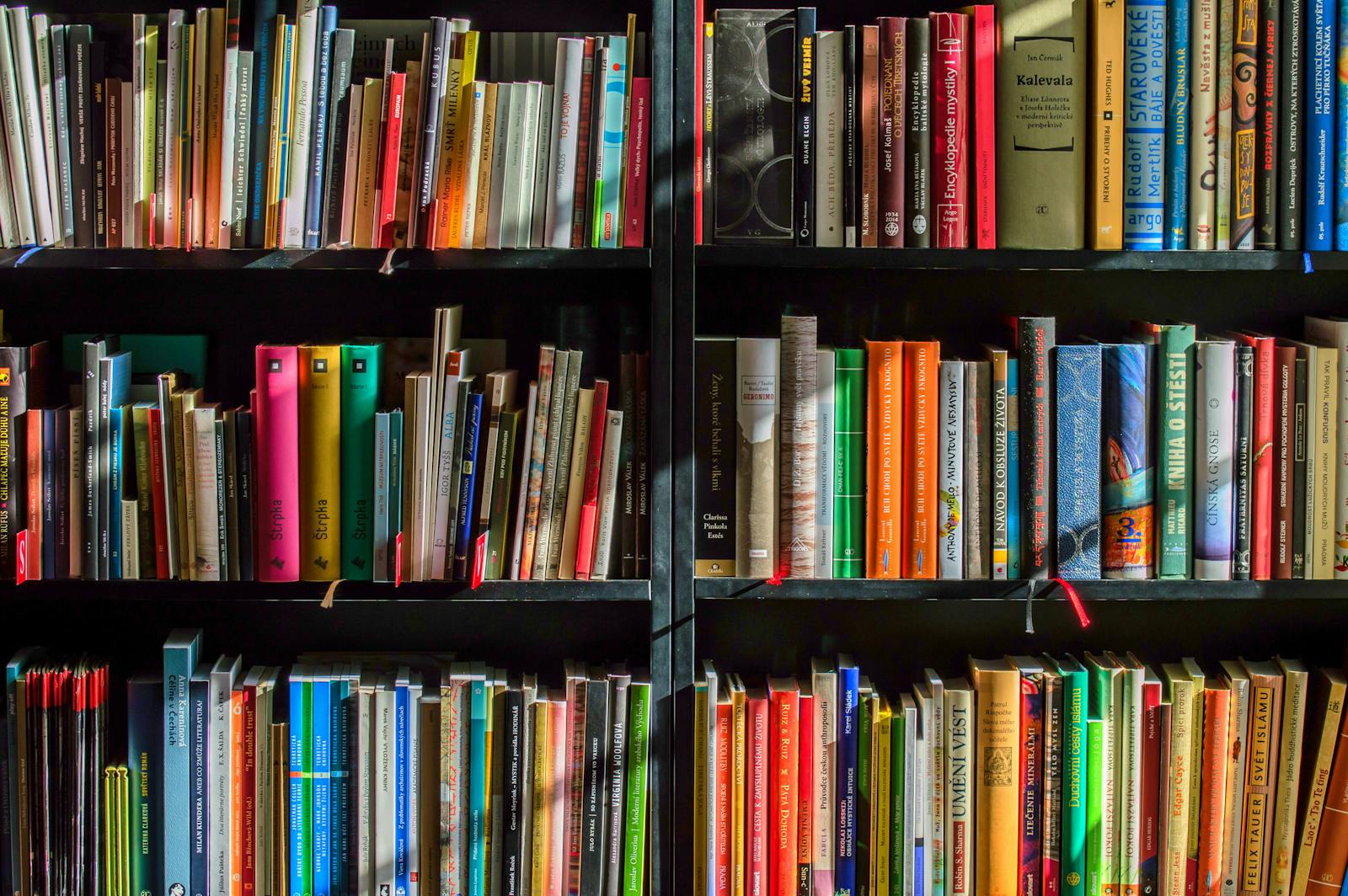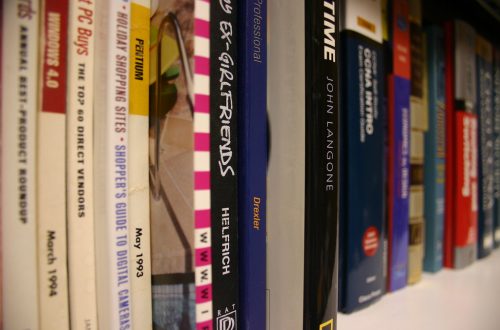
Modern Bestsellers: Analyzing the Characteristics and Popularity of Contemporary Literature
In the ever-evolving landscape of literature, modern bestsellers have emerged as significant cultural artifacts. These books not only dominate sales charts but also reflect societal trends, values, and the collective psyche of their readers. This article delves into the defining characteristics of contemporary bestsellers and explores the reasons behind their widespread appeal.
Engaging Narratives: The Heart of Bestselling Books
At the core of every bestselling book lies a compelling story that captivates readers. Modern bestsellers often feature complex characters who are relatable and flawed, allowing readers to see themselves in these protagonists. For instance, novels like The Night Circus by Erin Morgenstern or Where the Crawdads Sing by Delia Owens showcase characters whose struggles and triumphs resonate deeply with audiences.Moreover, these stories frequently incorporate diverse narratives that reflect various cultural and social backgrounds. This inclusivity not only broadens the reader’s perspective but also fosters a sense of connection among different communities. As readers seek representation in literature, books that highlight unique voices and experiences tend to gain traction.
Unique Concepts and Fresh Spins
A hallmark of modern bestsellers is their ability to present unique concepts or fresh interpretations of familiar themes. Authors like Colleen Hoover have gained popularity by infusing traditional romance narratives with contemporary issues such as mental health and trauma. This innovative approach allows readers to engage with well-trodden subjects in new ways, keeping their interest piqued.Additionally, bestselling books often capture the zeitgeist, addressing current societal concerns and reflecting the collective mood. For example, titles like The Vanishing Half by Brit Bennett explore themes of identity and race in a manner that resonates with ongoing discussions in society, making them particularly relevant.
The Role of Writing Style
While storytelling is crucial, the writing style also plays a significant role in a book’s success. Bestsellers are typically characterized by a clear and engaging voice, making them accessible to a wide audience. Authors who can balance readability with depth—such as J.K. Rowling in her Harry Potter series—often find their works soaring to bestseller status.Furthermore, modern readers favor a fast-paced narrative that keeps them turning pages. This preference has led many authors to adopt concise writing styles that deliver impactful moments without unnecessary elaboration. The ability to maintain tension and intrigue throughout the book is essential for capturing and retaining reader interest.
Effective Marketing Strategies
In today’s digital age, a book’s success is not solely determined by its content but also by effective marketing strategies. Bestselling authors often cultivate a strong personal brand through social media engagement and strategic promotions. They understand the importance of visibility in a crowded market and leverage platforms to connect with potential readers.Additionally, impactful cover designs play a crucial role in attracting attention. A well-designed cover that adheres to genre conventions can entice readers and create a memorable first impression. Books like The Seven Husbands of Evelyn Hugo by Taylor Jenkins Reid exemplify how visually striking covers can enhance marketability.
Word-of-Mouth and Reader Engagement
Bestselling books often thrive on word-of-mouth recommendations. When readers feel passionately about a story, they are likely to share their experiences with friends and family, creating organic buzz around the book. Authors who foster genuine connections with their audience—through book signings, social media interactions, or virtual events—can amplify this effect.Moreover, engaging with readers through discussions about themes or character development encourages deeper connections and enhances the overall reading experience. This level of interaction not only builds loyalty among fans but also contributes to sustained sales over time.

Conclusion: The Enduring Appeal of Modern Bestsellers
The characteristics that define modern bestsellers are multifaceted, encompassing engaging narratives, unique concepts, effective marketing strategies, and reader engagement. As society continues to evolve, these books will likely adapt to reflect changing values and concerns while maintaining their core appeal—captivating stories that resonate on personal levels.Ultimately, modern bestsellers serve as both mirrors and windows into our world, offering insights into human experiences while inviting readers on unforgettable journeys through their pages. As we continue to explore contemporary literature, understanding what makes these books successful will enrich our appreciation for the art of storytelling itself.




